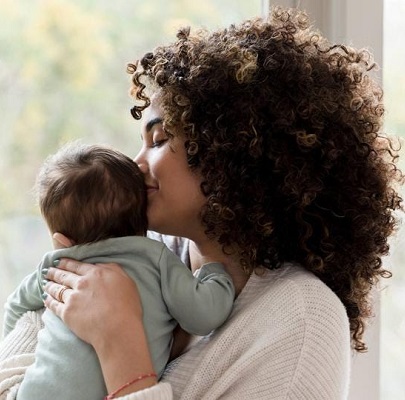
Aussie mums taking a $283k super hit: Super Fierce data
Wealthtech social enterprise platform Super Fierce has calculated that the average Australian woman who chooses to become a mother will face a $283,000 (present day value) hit to her superannuation savings by the point of retirement.
Productivity Commission data states the average Australian mother has a median of 2 children within 5 years; takes 32 weeks’ full-time maternity leave for each child; and returns to an average of 3.5 days’ work per week until the youngest is 18 years old. Australian Institute of Health & Welfare (AIHW) data states the average Australian mother has her first baby at 29.4 years.
Based on these averages, Super Fierce calculated that until children reach 5 years of age, reduced work hours results in around $8,000 per annum less Compulsory Superannuation Guarantee contributions, adding up to $44,000 post-tax.
The loss of earnings trajectory for this average mother versus her peers who didn’t take time-out (9 percent for two children) reduces contributions by $90,000 over the following 30 years of work, while reduced work hours after children are over 5 years of age has an additional $56,000 cumulative impact.
Finally, the compounding impact of the combined $190,000 ($44,000 + $90,000 + $56,000) then also not earning investment returns in super means an extra $93,000 lost.
This adds up to a staggering $283,000 in total lost super savings – before accounting for the current gender pay gap because the analysis only looks at the penalty for mothers versus non-parent women.
But Super Fierce Founder & CEO, Trenna Probert, believes there are ways to address the imbalance.
According to Trenna Probert, “The figures may appear bleak, but our calculations show that if a woman switches to the lowest-cost super fund at the average age women have their first child, 29.4 years, then she could save around $239,486 in super fees over her lifetime. That’s an extra $343.57 in her pocket each week once she retires, or an extra $50 a day.
“In addition to this, we also recommend a new type of “push present”: a contribution to a woman’s super by her partner when they decide to have children together.
“Children don’t just happen to women. Most often the choice to have children is a joint one, so it doesn’t make sense that women disproportionately bear the financial burden, on top of the physical burden and impact on their general independence.
“So instead of flowers, soft toys, and spa vouchers we never get to use, push up the value of a mother’s superannuation. A top-up of around $10,000, in combination with switching to a lower fee fund, could help to reduce the super penalty facing new mothers to nil.”


